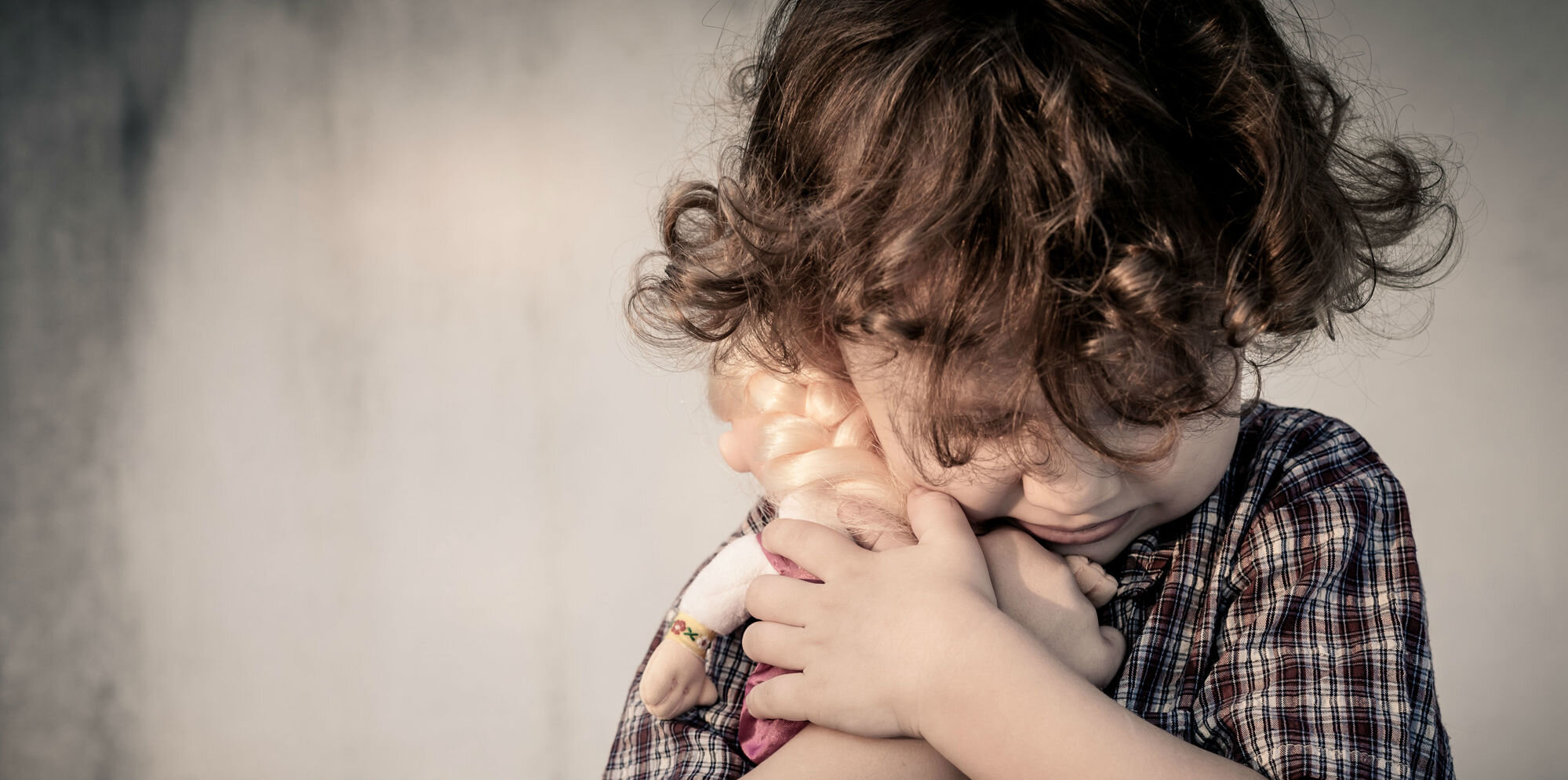Poverty in Childhood Linked to Mental Health Problems: New Report
Child Poverty Action Group (CPAG) and the New Zealand Psychological Society (NZPsS) have long been concerned with the impact of poverty on children’s health. The combined effects of inadequate family incomes, high living costs and poor housing conditions can lead to serious and prolonged physical illness.
Not only is a child’s physical health at risk, their mental health is too – and greatly so. A new report co-written by CPAG and the NZPsS is being launched this Thursday, May 18. Child Poverty and mental health: A literature review shows that poverty has a serious impact on the mental health and wellbeing of children in Aotearoa-New Zealand.
“Increasing the danger for children in poverty is that these effects may go unnoticed until the damage is severe. Prevention is the key – which can be aided by policies that support better incomes and housing for families, as well as early detection of symptoms in children, and timely access to the right kind of treatment,” says Professor Innes Asher, CPAG health spokesperson.
Dr Kerry Gibson, clinical psychologist and Associate Professor at The University of Auckland, says that New Zealand’s mental health system is “overwhelmed” by increasing need.
“We know that poverty experienced during the early years of a child’s life is detrimental to their later mental health. We need policies to support families with young children to ensure that they grow up healthy and happy,” says Dr Gibson.
“It is time to stop putting the ambulance at the bottom of the cliff as a solution. Child poverty is a clear contributor to mental health problems. We need to address the problem at the root.”
CPAG says that targeting services based on risk – without addressing the fundamental causes including child poverty – is such an ambulance.
Quentin Abraham, president of the NZPsS says that, “If we want to improve the mental health of children then we must end poverty."
“Some young people living in poverty show remarkable grit and determination and they may even succeed against the odds – but do we want to make their lives so hard and risk their mental health?” says Mr Abraham.
Mr Abraham says that all our young people should have their basic needs taken care of.
“We need assurance that all young people and their whānau will have a home, food, clothing, access to a good education with carers who are not worrying about the basics to live, so that we can prevent mental health problems. We need a commitment from Government to put our tamariki first and eliminate child poverty. Supporting the mental health and well-being of our children is vital to the future of our country.”
"Let's ensure the wealth of our country is shared out fairly, including among those who have missed out, such as our Māori and Pasifika communities. This will be good for the mana and wellbeing of everyone in our country."

